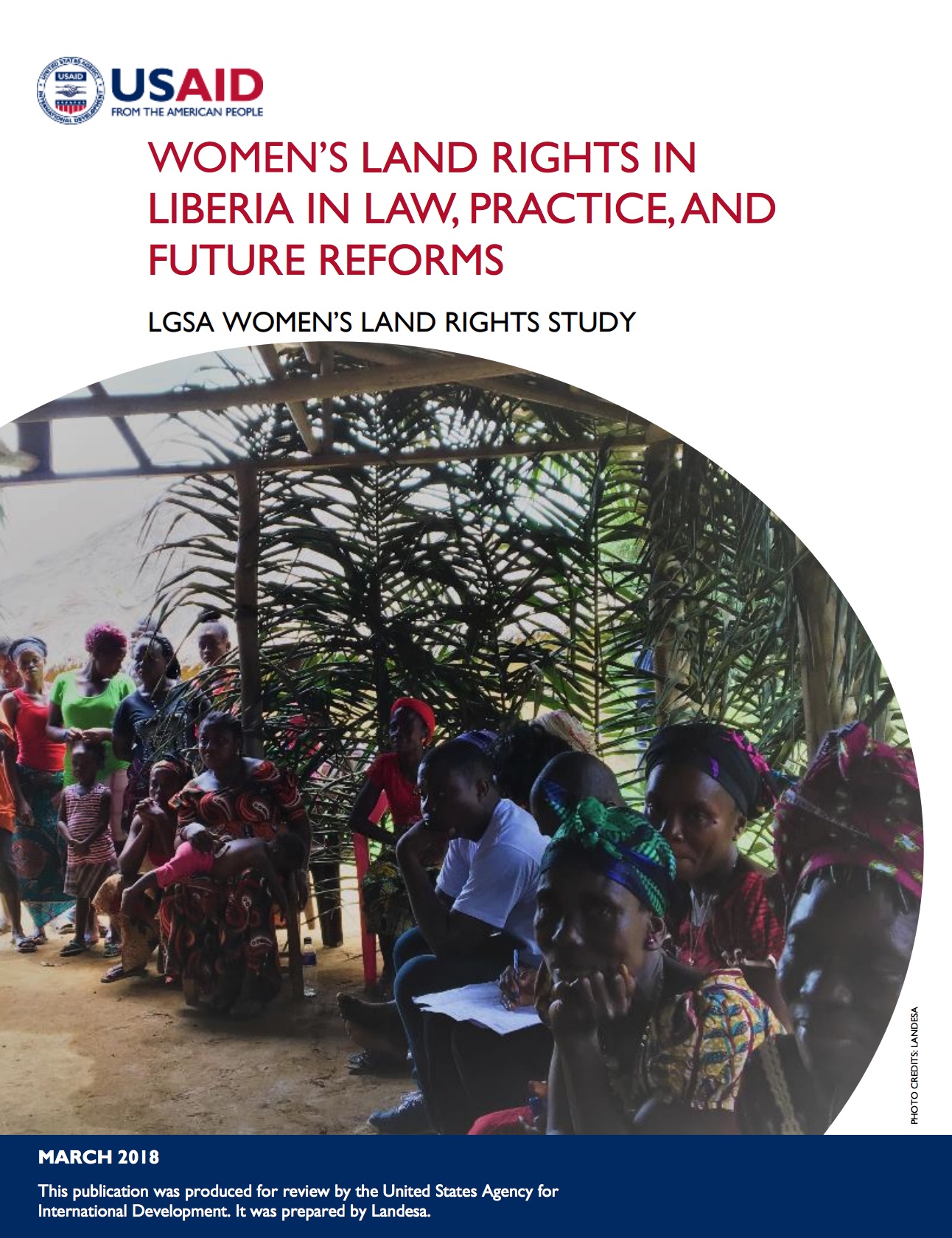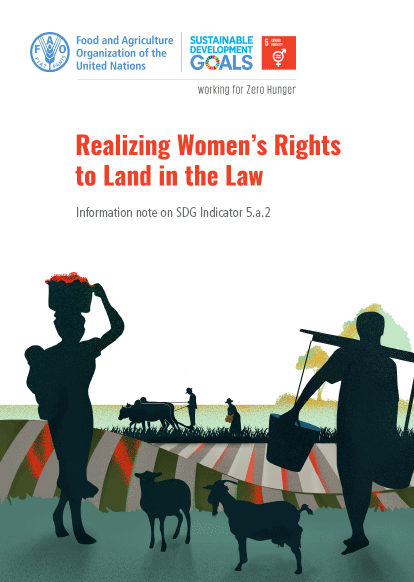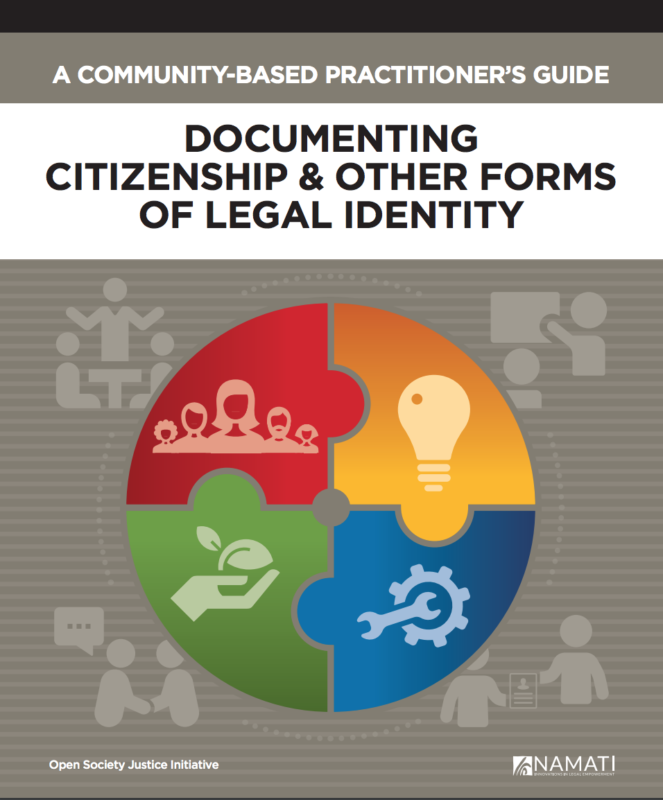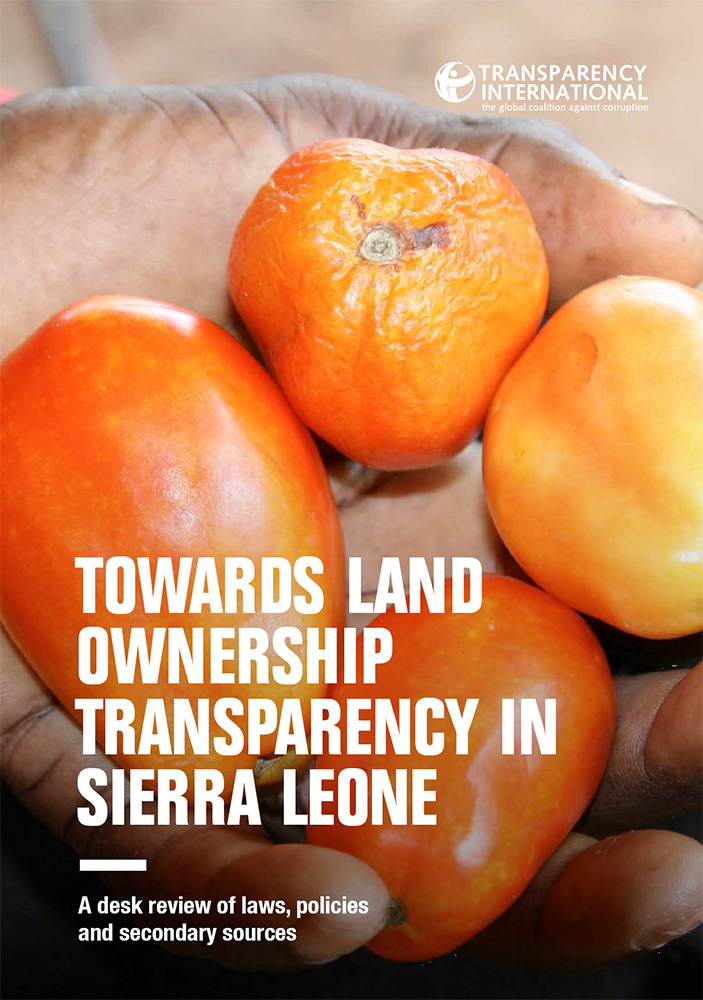Advocating for Sustainable Development in Burma (Kachin)
Ndai gaw uhpung uhpawng ni hte tinghkrai hku nna myen mung Kata n amazing bawng ring lam a matu sut nhprang laika rai nga ai. Ndai sut nhprang laika gaw, matut manoi kyem mazing bawng ring masa a shiga hte dai mazing bawng ring lam
galaw sa wa yang myen mungdan a ap nawng ai hte lit la ai shiga hpe jaw nga ai.







